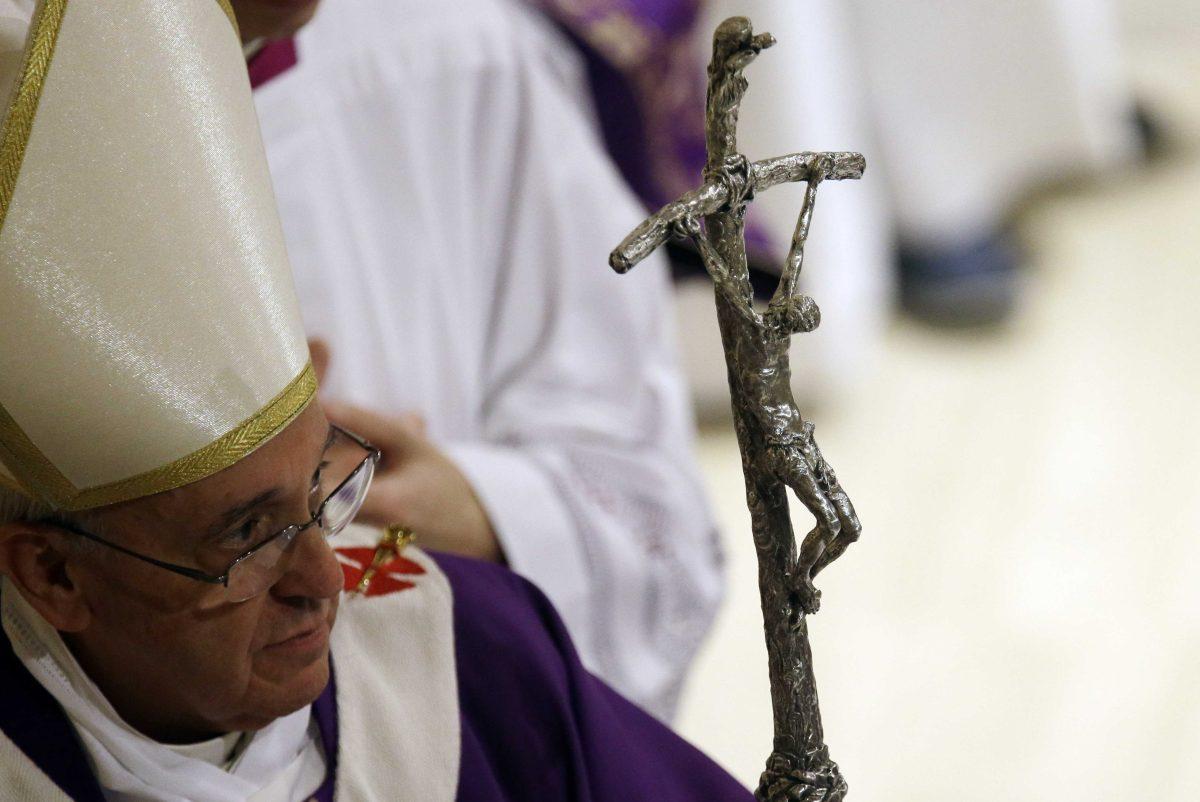There is at least one world leader out there who has not been schooled in the political field.
Pope Francis, who recently released a document that outlined his disdain for the inequalities of capitalism, stands to alienate vast swaths of his Roman Catholic Church.
His message has become clear enough during his short tenure: he is on a mission to help the poor who he has known throughout his life in Argentina. His rhetoric, though, is tough on a capitalist system enjoyed by many of his followers in the United States and around the Western Hemisphere.
And, with many in this state and school members of the Roman Catholic Church, it is important to understand him when he criticizes our economy for its “crude and naïve trust in the goodness of those wielding economic power.”
This type of language from even a liberal Democratic candidate would probably win him or her last place in an election. Lucky for the pope, he has already been elected, and probably won’t be up for re-election in the near future.
However, while Francis does not hold any political power over anyone outside of Vatican City, he is still an important moral compass for many in this state and around the world.
But though he is secure in his position, he still stands to lose confidence from the conservative wing of the American Catholic Church.
Americans are becoming more secular in the face of a 20th century that shattered the world’s confidence in the presence of God. I am referring to two world wars and mass genocides, not to mention advances in science.
In this country, where people are literally stabbing each other in the aisles of stores on Black Friday, the Catholic Church is more likely to become irrelevant than capitalism in the next hundred years.
This may be a disturbing notion to the faithful who believe that the pope’s word should be taken on all matters big or small.
But, the fact of the matter is that Francis holds no political sway in the United States. Our government is a secular one for a reason. If you need evidence, look at the way the Catholic Church has been governed over the last millennium and you will be amazed that it is still around.
He does, however, make an admirable stance against Western culture that he sees as “vacuum left by secularist rationalism.” The man has principles, and he owns them.
Still, he is criticizing a movement that has been centuries in the making. The West is no longer the devout sanctum of Christianity that it once was.
Yes, plenty of us believe in God, but it does not mean that we are willing to adhere to words of one outspoken individual. Indeed, we all value our individualism on which this country was founded.
The pope eschews this, too.
If he is going to advocate a greater world for the poor and voiceless, he will be hard-pressed to win his fight without actual confidence from political entities that, frankly, actually wield power.
Instead, he has used his position to criticize the liberal ideals that Thomas Jefferson promulgated in the Declaration of Independence. These individual rights and liberties date back to John Locke, who, one can be sure, was no favorite of the Roman Catholic Church.
Deep philosophical consequences aside, Pope Francis’ good deeds have already made a deep impression on Catholics and non-Catholics alike. His intentions are respectable and his general message of helping the needy is agreeable.
It is imperative, however, that he does not go too far by condemning groups or institutions outright. After all, it hasn’t really worked in the past.
Eli Haddow is a 20-year-old English and history junior from New Orleans.
Opinion: Pope’s stance against capitalism could alienate groups
By Eli Haddow
December 2, 2013
Pope Francis leaves at the end of a Mass on the occasion of his visit at the Parish Church of St. Cirillo Alessandrino, in Rome, Sunday, Dec. 1, 2013. (AP Photo/Gregorio Borgia)





